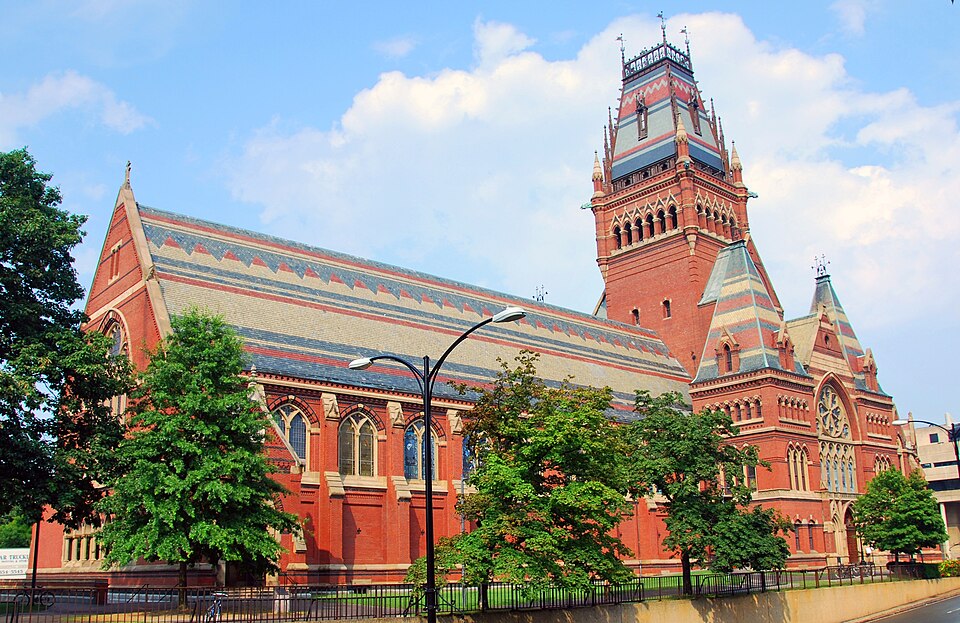
In a fascinating turn of historical detective work, medieval experts have revealed that a document long believed to be a mere copy of the Magna Carta at Harvard Law School is, in fact, an
exceptionally rare original.
The revelation was announced at a special event hosted by The National Archives, where Professors David Carpenter (King’s College London) and Nicholas Vincent (University of East Anglia) detailed their groundbreaking research. Their investigation confirmed that the Harvard document, held in its collection since the 1940s, was originally issued by King Edward I in 1300.
Professor Vincent traced the document’s journey from its first recorded destination in Appleby, Cumbria, through two London auction houses, before it eventually made its way to Harvard.
Dr Paul Dryburgh, Principal Medieval Records Specialist at The National Archives, praised the discovery:
“This extraordinary find expands our understanding of Magna Carta’s legacy in the century after its first creation. It reminds us that even centuries later, Magna Carta still holds secrets waiting to be uncovered.”
Attendees of the Pipe Roll Society event also had the rare opportunity to view the National Archives’ own 1225 Magna Carta, part of the Duchy of Lancaster collection. The exhibition included other remarkable items, such as the earliest official legal roll to record the charter.
Originally issued by King John in 1215 as part of a truce with his rebellious barons, the Magna Carta was reissued multiple times in the 13th century. Each reissue featured revisions, with scribes altering or restoring clauses depending on the political climate of the day. The final 1300 version by Edward I marked the last official reissue, and records of nearly every version survive today at The National Archives.
Professor Carpenter emphasized the unmatched importance of the Archives:
“No one can truly study Magna Carta manuscripts without coming here. The material housed at The National Archives is absolutely unique.”
Remarkably, three key chapters from the 1225 version—reaffirmed by Henry III in exchange for new taxation—remain part of UK law even today. These include the right to a trial by jury, the freedom of the Church of England, and the historic liberties of the City of London. Photo by chensiyuan, Wikimedia commons.







































